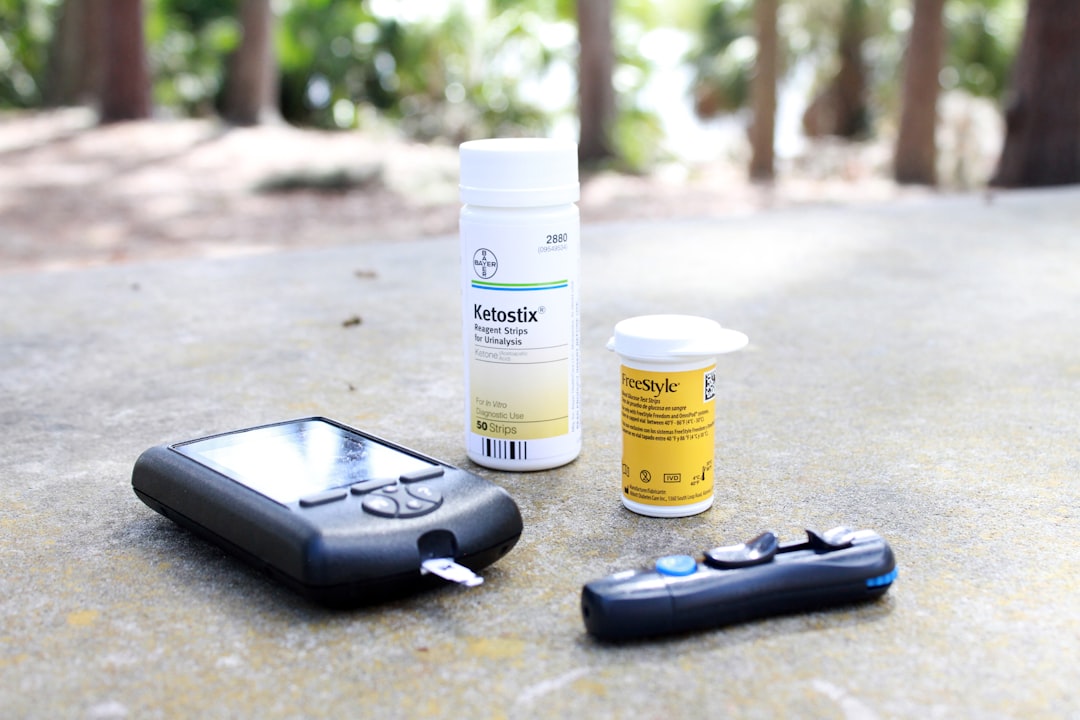What is it about?
Addiction to opium continues to be a major worldwide medical and social problem. The study addressing the association between opium consumption and serum prostate-specific antigen (PSA) level is lacking. We determined the effects of opium consumption on serum PSA levels in opium-addict men. Our study subjects comprised 438 opium-addict men with a mean age of 52.2 ± 6.4 years (group 1). We compared these men with 446 men who did not indicate current or past opium use (group 2).
Featured Image

Photo by Greta Schölderle Møller on Unsplash
Why is it important?
Opium addiction is a major social problem worldwide, The global opiate use continues to grow worldwide, especially in underdeveloped and developing countries. Drug abuse is associated with dramatic changes in neuroendocrine, neuromediator, biochemical, and immune systems. Prostate-specific antigen is an androgen-regulated protease produced mainly by the ductal and acinar epithelium of the prostate. There is a consensus that opioids induce androgen deficiency via the suppression of pulsatile gonadotropin-releasing hormone secretion by the hypothalamus. Opioids have suppressive effects on the pituitary and testes as well. Opioids are present in the prostate and inhibit cell growth of normal cells in prostate. Prostate cancer cell (LNCaP) line is a testosteronesensitive human PCa cell line. In LNCaP cells, opioid agonists decrease cell growth. Consumption of opium may affect PSA levels and PCa risk via their effects on androgens and prostate cell growth. Because serum PSA levels are widely used to determine a man’s risk for PCa, we evaluated the association between the opium consumption and serum PSA levels in men for the first time.
Perspectives
We could not explain thoroughly the mechanisms by which opioids result in decreased serum PSA concentration. Because of widespread use of opium, this issue should be addressed thoroughly, accurately, and completely. Our study raises some questions. Have men who use opium regularly but are not opium-addict according to DSM-IV criteria also decreased serum PSA concentration? Does specific type of opium, for example, heroin, affect differently serum PSA levels? Do illicit drugs, such as ecstasy, can affect serum PSA levels too? If, as we detected, opium are associated with lower serum PSA levels, then the chance of detecting asymptomatic PCa might be lower among opium users, and if a cancer was present then, in the future, opium consumers might be more likely to be diagnosed at a higher stage of disease.
Dr Mohammad Reza Safarinejad
University of Medical Sceices
Read the Original
This page is a summary of: Opium Consumption Is Negatively Associated With Serum Prostate-Specific Antigen (PSA), Free PSA, and Percentage of Free PSA Levels, Journal of Addiction Medicine, January 2013, Wolters Kluwer Health,
DOI: 10.1097/adm.0b013e31827b72d9.
You can read the full text:
Resources
Contributors
The following have contributed to this page










